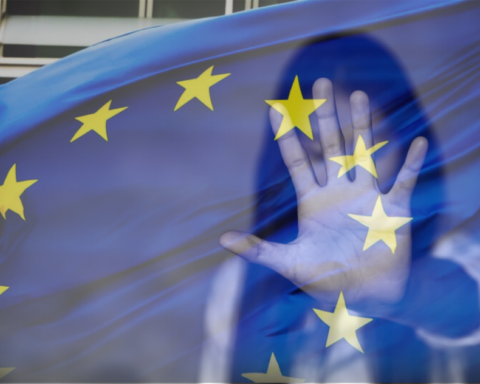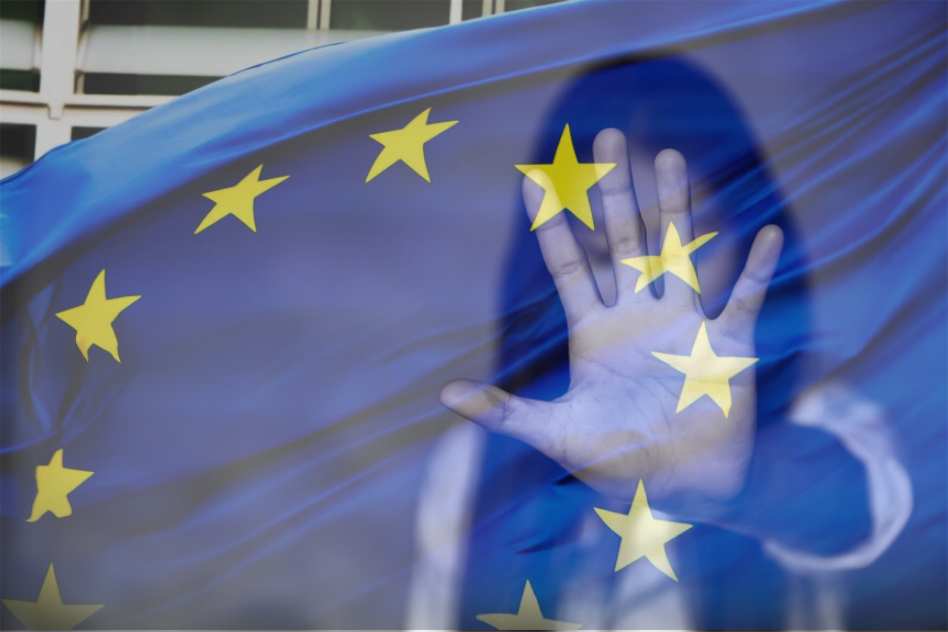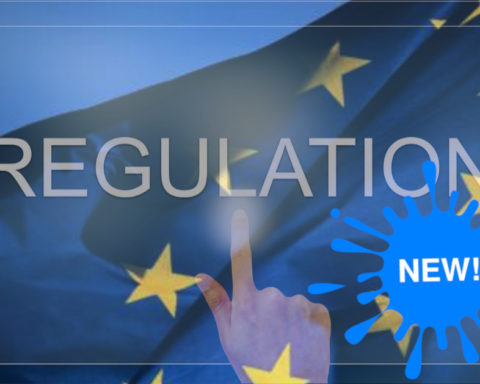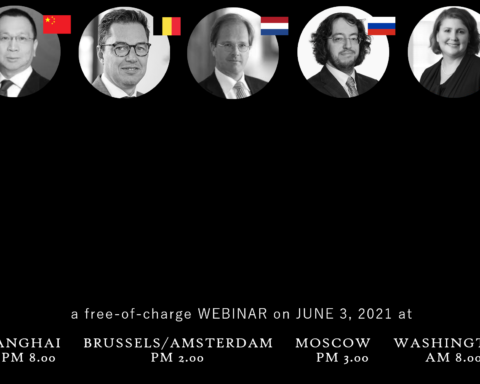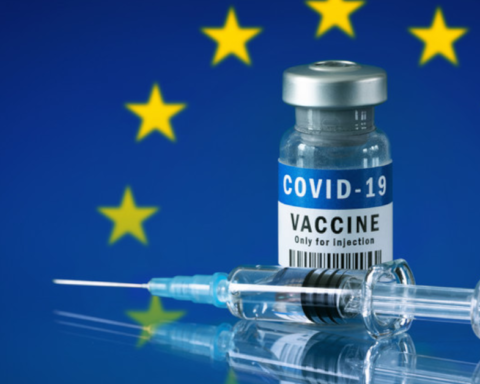On 7 December 2020, the EU Council adopted a decision and regulation establishing the new EU Global Human Rights Sanctions Regime, targeting serious human rights violations and abuses worldwide (hereinafter the Global Sanctions Regime).
By Philippe Zamboni di Salerano | December 17, 2020
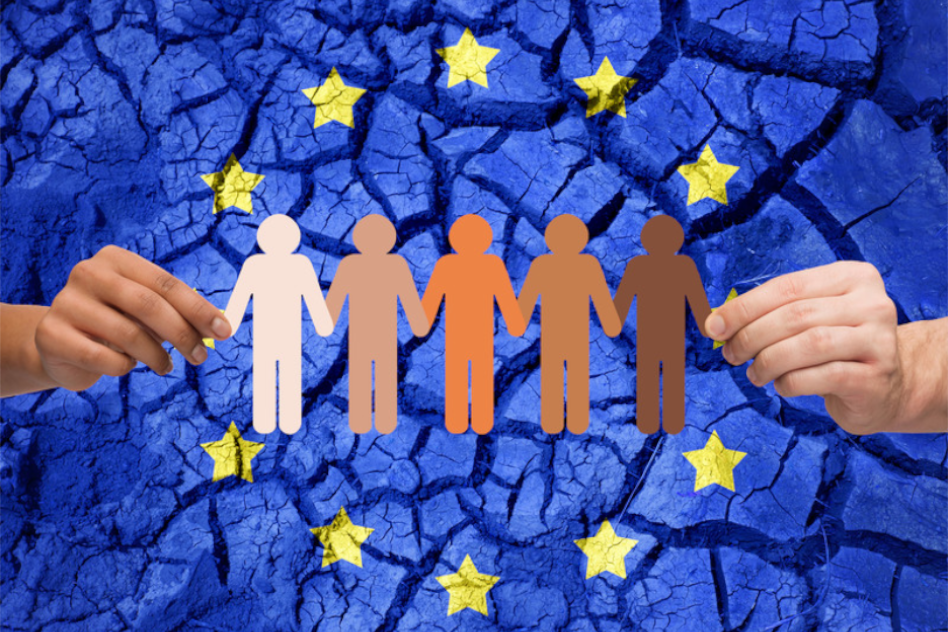
The Global Sanctions Regime is directed at natural and legal persons, entities or bodies responsible for, providing support to or otherwise involved in serious human rights violations or abuses as well as those associated with the natural and legal persons, entities and bodies covered. It is not only aimed at violations by State actors, but also non-State actors and as such may target:
- governments of non-EU countries because of their policies;
- entities providing the means to conduct human rights violations or abuses;
- groups or organisations such as terrorist groups; and
- individuals supporting human rights violations or abuses.
The Global Sanctions Regime applies to actors responsible for providing support to or otherwise involved in genocide, crimes against humanity, and the following serious human rights violations or abuses:
- torture and other cruel, inhuman or degrading treatment or punishment;
- slavery;
- extra-judicial, summary or arbitrary executions and killings;
- enforced disappearance of persons;
- arbitrary arrests or detentions.
Provided that they are widespread, systemic or otherwise of serious concern with respect to the EU’s common foreign and security policy, the new regime also targets human rights violations and abuses such as:
- trafficking in human beings;
- sexual and gender-based violence;
- violations or abuses of the freedom of peaceful assembly and of association, of opinion and expression, and of freedom of religion or belief.
Unlike the US Magnitsky Act, the Global Sanctions Regime does not explicitly target acts of corruption.
The sanctions provided by the Global Sanctions Regime are a travel ban, the freezing of funds and economic resources and the prohibition to make such funds and economic resources, directly or indirectly, available to sanctioned persons, entities or bodies. In this respect, the new human rights regime, does not differ from most EU country-based sanction packages. It also provides for the usual exceptions necessary for humanitarian purposes or essential needs as payments for food, rent or mortgage, medicines and medical treatment, taxes, insurance premiums, and public utility charges.
Similar to the Magnitsky Act in the US and Magnitsky Act-like legislation elsewhere, the new sanctions regime will provide the EU with greater flexibility to target those responsible for serious human rights violations and abuses, regardless of where they occur. Those sanctions would emphasize individual rather than ‘national’ responsibility, thereby also enabling the EU to address specific human rights concerns without directly facing the potential economic, political, and diplomatic implications of sanctioning an entire country. Apart from following a less cumbersome procedure than when adopting a new country-based sanctions programme, this shift from geographical to thematic sanctions is also expected to allow for easier consensus among EU Member States when it comes to adopting new sanctions.
The Global Sanctions Regime is not only an indicator that human rights considerations are becoming increasingly important for the EU’s common foreign and security policy. It should also be seen as part of a broader EU move to become more of a player instead of (only) a playing field. Other elements of that EU move include the FDI Screening Regulation, the proposal for a mandatory EU-wide human rights due diligence law for businesses, the White Paper on foreign subsidies in the Single Market, proposals to widen the scope of the EU Blocking Regulation, and, of course, the Recast of the Dual-use Regulation.
The Global Sanctions Regime is to be welcomed as an initiative to further the protection of human rights on a global scale. Whether it can make a real impact remains to be seen. This will depend, at least in part, on the persons and entities that the EU chooses to sanction. But the potential seems to be there, if only on account of the extent of the EU assets held by some that are close to abusive regimes.
- On the EU Global Human Rights Sanctions Regime - December 17, 2020
- L’UE lance une consultation publique sur le règlement anti-torture - May 7, 2020
- EU has launched public consultation on Anti-Torture Regulation - May 7, 2020


